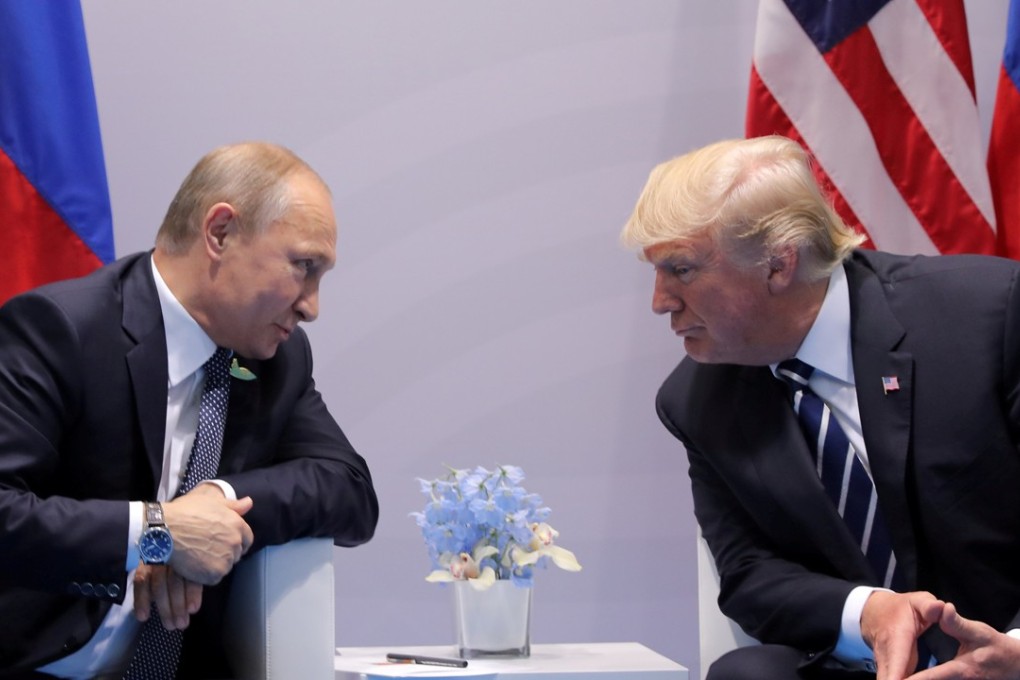Trump, Putin and fake news can be resisted by seeking out alternative viewpoints to our own
Paul Letters says the internet is helping spread falsehoods faster than truth, so people must step out of their social media echo chambers and listen to opposing ideas

Media insiders are concerned that what non-governmental organisation Reporters Without Borders has labelled a “pathetic stunt” in Ukraine further undermines the credibility of traditional media. Christophe Deloire, the head of the NGO, which advocates for freedom of information and of the press, told AFP: “It is pathetic and regrettable that the Ukrainian police have played with the truth, whatever their motive.” Reporters Without Borders now finds itself in an unusual position: agreeing with Vladimir Putin’s government. The Russian foreign ministry condemned the fake assassination as “obviously yet another anti-Russian provocation” done for “propagandistic effect”.
Reporters Without Borders now finds itself in an unusual position: agreeing with Putin’s government
Andrei Soldatov, a Russian journalist and former colleague of Babchenko wrote on Twitter, “Babchenko is a journalist not a policeman […] part of our job is trust, whatever Trump & Putin say about fake news. I’m glad he is alive, but he undermined even further the credibility of journalists and the media.”